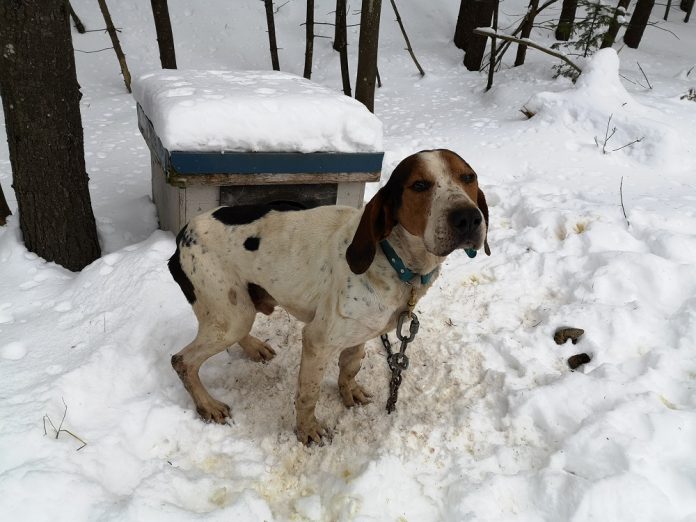The County of Haliburton is pressuring the province on inequalities it sees in how watershed management is being handled.
Councillors discussed the issue Jan. 22. They voiced dissatisfaction with the province creating a new Muskoka Watershed Advisory Group (MWAG) and providing it with $5 million in 2018 to work on watershed management in that area. They have expressed further concern after learning MWAG input would help guide watershed management across the province.
Council met with various officials at the Rural Ontario Municipal Association (ROMA) Conference, which ran Jan. 19-21. Coun. Brent Devolin said progress was made and the province heard from multiple municipalities on the issue.
“There is some recognition at the conference,” Devolin said. “This wasn’t the best and we may be engaged more productively as we go forward … They got the message loud and clear.”
Coun. Carol Moffatt outlined those concerns in a letter to the Ministry of Environment, Conservation and Parks. After attending a consultation session with the citizen-led MWAG in November, she said she was told part of the mandate would be to help create a “broader comprehensive approach to watershed management in Ontario.”
She said Haliburton County and its partners have already worked extensively on improving area watershed management over the past 10 years.
“It seems odd that we – and our many partners, have no knowledge of the ministry’s work on a broader, comprehensive approach,” Moffatt wrote. “We’d be most pleased to offer our knowledge.”
In a response, the ministry said protecting the Muskoka watershed would help it develop a more comprehensive approach for other areas of the province.
“The Muskoka Watershed Advisory Group will help support engagement efforts with local organizations, municipal representatives, Indigenous communities, and the broader community to identify priority projects that could form part of the Watershed Conservation and Management Initiative,” spokesperson Gary Wheeler told The Highlander in an email. “Our government will continue to put forward smart, sensible solutions.”
The response did not directly refer to or address the County’s concerns.
Moffatt’s letter also takes issue with the MWAG not consulting beyond the Muskoka watershed and makes mention of the $960,000 Haliburton is seeking for its own watershed work.
She said she had a brief conversation with Minister of Environment, Conservation and Parks Jeff Yurek at the ROMA conference.
“He didn’t say no to anything,” Moffatt said, adding she expects further communication to come. “He seemed interested in the whole innovative model we’ve created.
“We did hear from some ministers; they believe the money for Muskoka was political in nature. So, we’ll just keep pushing,” she added.
The ministry did not address this point when asked for a response by The Highlander.











